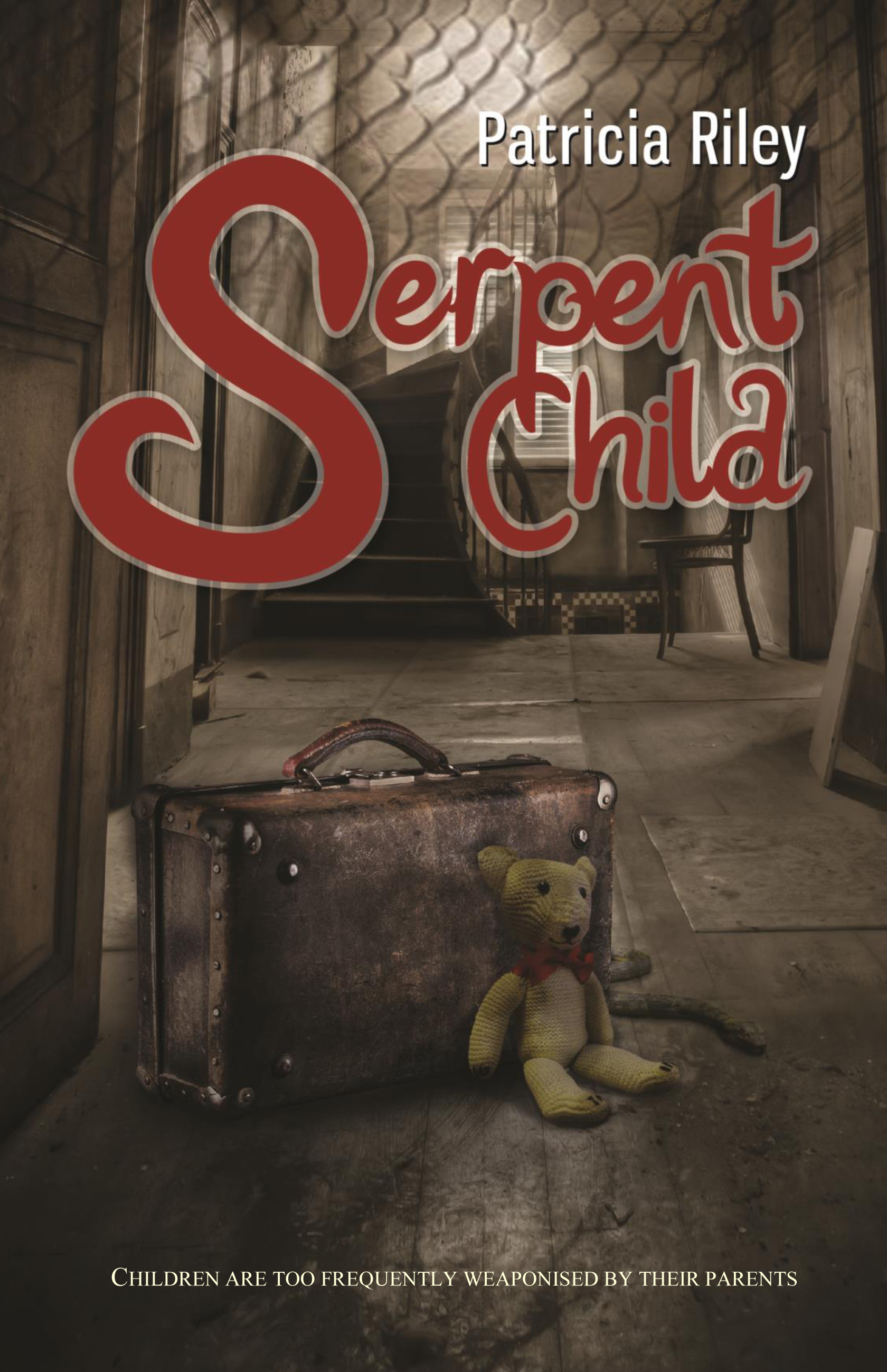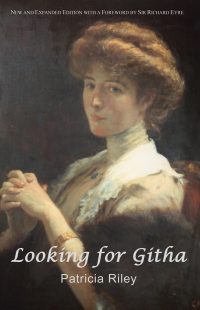Description
Serpent Child is the autobiography of Patricia Riley. It describes the life of a child of seperated parents in post war Britain at a time when children were still ‘seen but not heard’ and when even for married parents children were preferably seen somewhere else.
Many children were hurried off to boarding schools, even at a very tender age; and, if they were noticed at all, children could become pawns in harmful, even dangerous parental war games. In an enlightening, at times humorous, and important book, Pat describes a past that is not always past.
‘Children were once viewed as property for the most powerful parent – usually the father. Much of the history of family law is the history of the emancipation of children.
High Court judge Mrs Justice Parker once remarked how children were too frequently weaponised by their parents, and were ‘child soldiers in the separation war’. It has taken family courts and family justice professionals decades to deal with this chronic weaponising and to help children move into a demilitarised zone within or outside of their family.
Patricia Riley’s own heart rending story, although mainly occurring 60 years ago, is a reminder that we have not yet managed to get to grips with the toxic effect of divorce and separation on children, especially where there is contention in the relationship. The book also includes an afterword by Anthony Douglas CBE, Chief Executive of the Children and Families Court Advisory and Support Service, Cafcass.
‘This is an important book about an issue that is rarely covered in such depth, and I wish it every success.’ – Anthony Douglas CBE, Chief Executive of Cafcass, January 2019.
Patricia Riley is the author of Looking for Githa, the biography of the ground-breaking playwright Githa Sowerby


